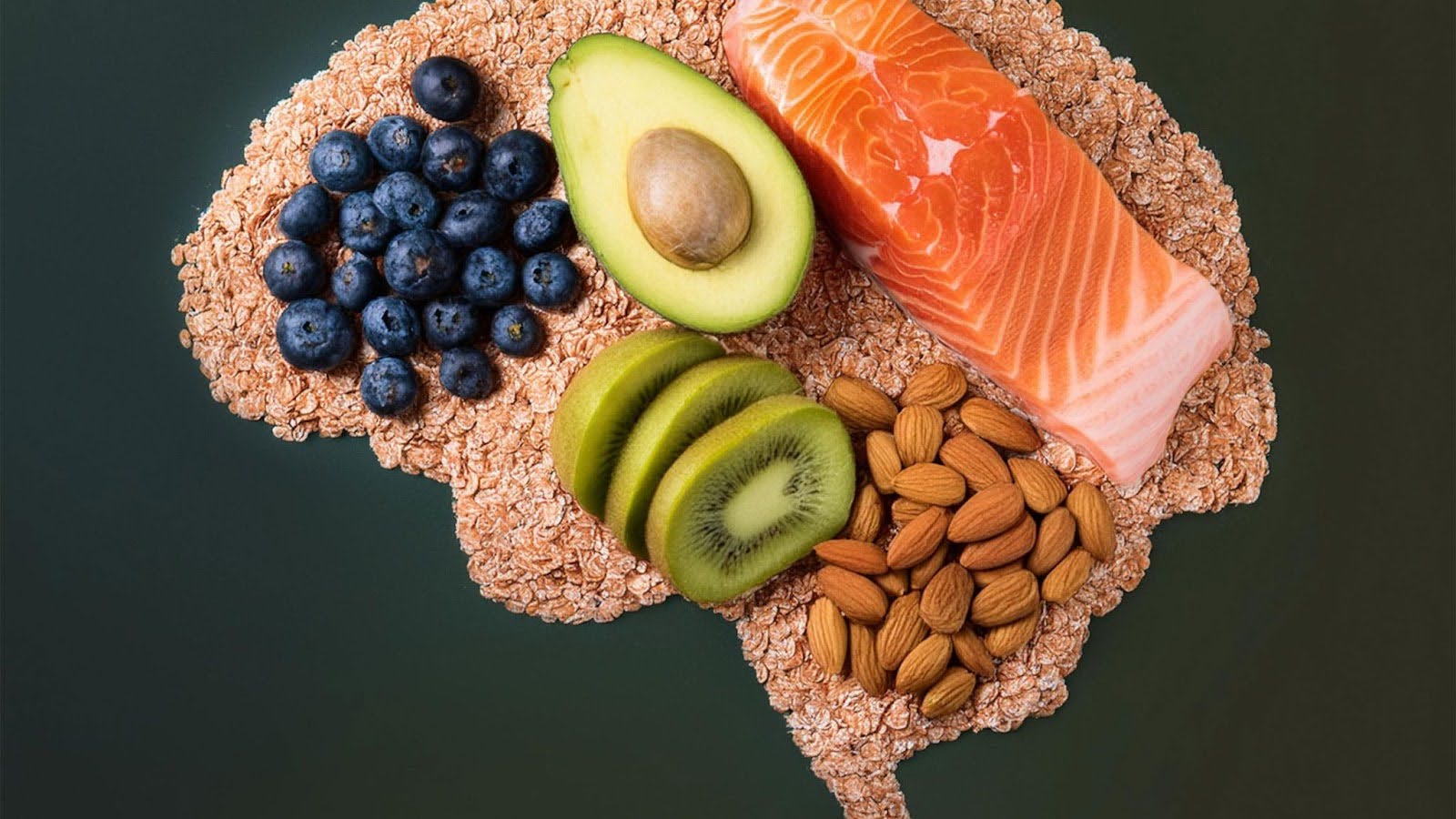As more people throughout the world become aware of mental health challenges, they seek solutions that go beyond treatment and medication. One of the most thrilling breakthroughs in this subject is the rapid spread of functional foods. These are nutrient-dense foods containing compounds such as adaptogens, nootropics, and probiotics, which are intended to benefit not only physical but also mental and emotional health. For many, incorporating these foods into daily routines has become a game-changer in how they manage stress, improve focus, and maintain overall well-being in a natural, sustainable way.
This shift demonstrates that we now understand more about how food affects not only our bodies but also our mood, focus, and mental health in general. Functional nutrition is becoming a daily tool for people who care about their health to reduce stress, improve sleep, and boost brainpower. This includes ashwagandha-infused beverages and mushroom protein bars.
By 2030, the global functional food market is expected to surpass $275 billion. This is because more people are talking about stress, anxiety, and burnout in a natural setting. In large cities like New Delhi, where people routinely live high-performance lives and experience more mental health issues, the demand for simple and preventative wellness solutions has never been higher.
Food entrepreneurs are reacting with ingredient-forward mixes backed by clinical research and lifestyle branding. Whether it’s lion’s mane for concentration, L-theanine for relaxation, or probiotic-rich fermented foods for gut-brain balance, the junction of food and mood is proving a fruitful ground for innovation and consumer loyalty.
Marketers are spending money on bringing up a more conscious audience by making short educational movies for TikTok and Instagram called “Foods for Focus” or “Snack Smarter.” These movies usually have qualified nutritionists, recipe writers, and micro-influencers giving useful tips on how to integrate functional foods into your normal meals.
Meanwhile, carousel ads highlight individual compounds, such as magnesium for sleep or reishi for relaxation, and are typically accompanied by shoppable links to curated items or bundles. Brands are increasingly using interactive content, such as polls, quizzes, and live sessions, to boost engagement and adapt suggestions to individual moods.
This type of marketing does more than just sell items; it fosters a community around a common goal: enhancing mental health through informed consumption.
Several health-food and wellness companies are utilizing strategic press release distribution to support their new product launches, particularly when presenting clinically validated product lines. For example, InnerMood Naturals’ recent press release titled “Mood-Boost Blend Launched: Backed by Science, Loved by Influencers” outlined the clinical research behind their formulations, highlighted early endorsements from wellness creators, and included key partnerships with digital wellness platforms and delivery services in Asia and Europe.
This type of media campaign not only builds confidence with potential customers but also positions the brand as a pioneer in a health-conscious market. With the right press release services, businesses may interact with lifestyle writers, nutrition journals, and consumer tech reviewers who are interested in the connection between food and mood.
Dr. Neha Arora, a functional nutritionist and product development advisor for several clean-label firms, believes that this is only the beginning. “Consumers no longer separate mental and physical wellness, they’re seeking holistic tools to feel better in every way,” she points out. “Functional foods offer a daily, approachable entry point into this lifestyle, especially for those hesitant about supplements or medication.”
The future of food is about function as well as flavor. As mental health becomes a more significant element of personal well-being, expect more companies to provide mood-boosting menus, AI-personalized nutrition tools, and subscription boxes designed to address emotional needs such as stress, worry, or low energy.
Firms entering this industry must succeed not only via product innovation, but also by providing the right message, which should be instructional, compassionate, and powerful.










